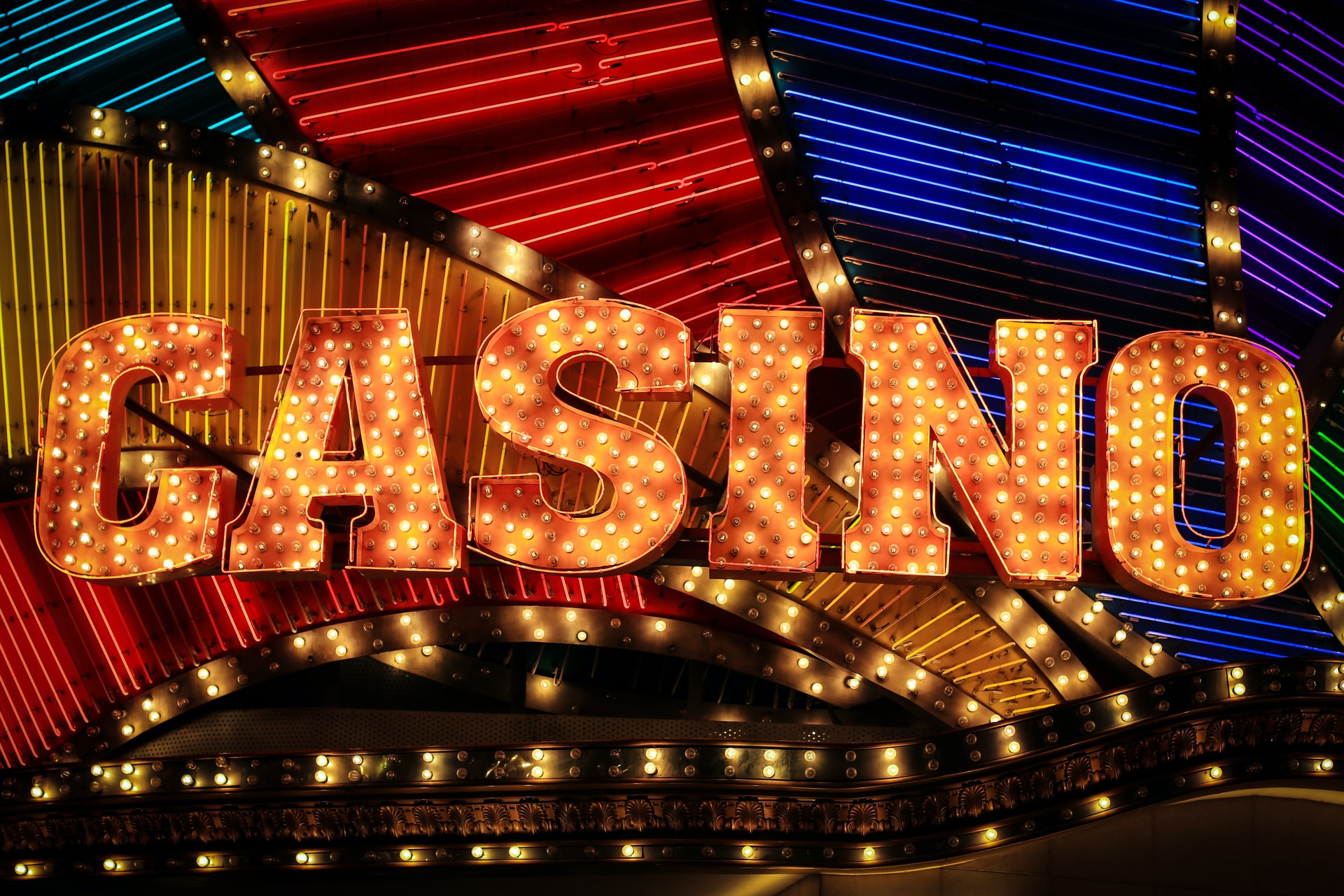Gambling Games and Their Influence in Cultural Trends

Casino games have long captured the imagination of individuals around the globe, becoming an integral part of both fun and tradition. From the sparkling lights of Las Vegas to the immersive experience of online gaming, these activities evoke enthusiasm, danger, and sometimes even a sense of nostalgia. They are not just simply hobbies; they have woven themselves into the tapestry of society, influencing everything from film and songs to fashion and books.
The appeal of casino games goes beyond the wagering aspect, tapping into broader themes of fortune, chance, and human behavior. As players assemble around a card table or turn the wheel of fortune, they engage in an timeless ritual that echoes with our shared desire for adventure and unpredictability. This captivation has led to the rise of many references in movies, songs, and electronic games, showcasing how intensely entrenched these activities are in mainstream culture. Whether it is the pressure of a classic heist movie or the lively nightlife portrayed in videos, casino games have established a substantial role that reflects our relationship with risk and reward.
Cultural Importance of Casino Activities
Gambling activities have played a pivotal role in social aspects throughout the ages. Stemming from old civilizations, games of chance were often linked to ceremonies or events. For instance, early iterations of these activities can be linked back to ancient China and the Romans, where dice games and wagering on outcomes were common pastimes. These games not only served as leisure but also as means of connecting people, facilitating connections among individuals within societies.
As cultures evolved, so did the complexity and organization of casino games. The establishment of formal casinos in the 17th century, particularly in the Italian region, marked a significant shift in how games were viewed and organized. With designated spaces for gambling, the casino became a social hub where patrons from different backgrounds gathered. This evolution contributed to the validation of the industry, transforming it from a mere pastime into an established industry that shaped economy and regulations. slots not on GamStop
The impact of casino activities on mainstream culture cannot be overlooked. As they were popularized in literature and movies, games such as Texas Hold'em and 21 became icons of chance, luck, and tactics. Famous figures and narratives have emerged around these games, illustrating societal views towards fortune, wealth, and immorality. This interest with casino games has infiltrated various forms of media, solidifying their place in the public imagination and linking them to broader cultural narratives throughout history.
Representation of Gambling Games in Media
Casino games have long been a popular theme in different types of entertainment, reflecting both the fascination and intricacies of gambling culture. Movies such as Ocean's 11 and Casino Royale portray individuals who navigate high-stakes environments, showcasing not only the appeal of the gambling environment but also the methods and decisions that come with playing popular games like Texas Hold'em and 21. These films often dramatize the exhilaration of winning and the potential repercussions of losing, encapsulating the perils involved in betting.
TV programs have also explored the world of gambling activities, often integrating them into the narrative as a setting for character development and conflict. Series like Vegas depict the stories of gambling employees and casino-goers, highlighting the dynamic, often disorderly energy of the gaming floor. Docuseries featuring intense gambling competitions further emphasize the fascination of casino games, drawing viewers into the excitement and tactics involved in each session. Through these depictions, media not only amuses but also stimulates conversations about luck, skill, and the essence of chance.
Digital games have increasingly integrated gambling activities into their structure, allowing players to simulate the feeling of betting without financial exposure. Games within the realm of digital gaming often include online slot machines, poker, and other popular casino games, creating an engaging environment that mirrors traditional gambling. These virtual portrayals make gambling activities accessible to a broad demographic, appealing to both risk-takers and those who enjoy the excitement of simulation. As a outcome, the representation of gambling activities in entertainment continues to shape societal views and cultural relevance, highlighting their function in society and the cultural landscape.
Effect of Gambling Activities on Society
Gambling activities have a meaningful impact on society, influencing multiple aspects of culture and social behavior. They often function as a venue for social interaction, where people gather to experience a common activity. Casino trips with friends or visits to casinos become group events that build connections and create memories. This communal aspect enhances the fun value of casino games, making them a popular choice for festivities and leisure activities.
Moreover, gambling activities have been portrayed in countless movies, television shows, and written works, influencing views and attitudes towards gambling and gaming. Icons like James Bond competing in baccarat or the high-stakes poker scenes in films have embedded these games in the collective imagination. This depiction often glamorizes the lifestyle associated with casino activities, drawing in new players and influencing trends in both style and conduct. These portrayals can ignite curiosity and lead to a more profound exploration of the nuances of gambling.
Nonetheless, there are also adverse implications associated with the popularity of casino games. The allure of quick monetary gain can lead to problem gambling and financial troubles for some individuals. The community must contend with these issues, promoting responsible gaming and education of the risks involved. Balancing the entertainment value of gambling activities with the risks is vital to ensure that they remain a positive aspect of our societal fabric.
